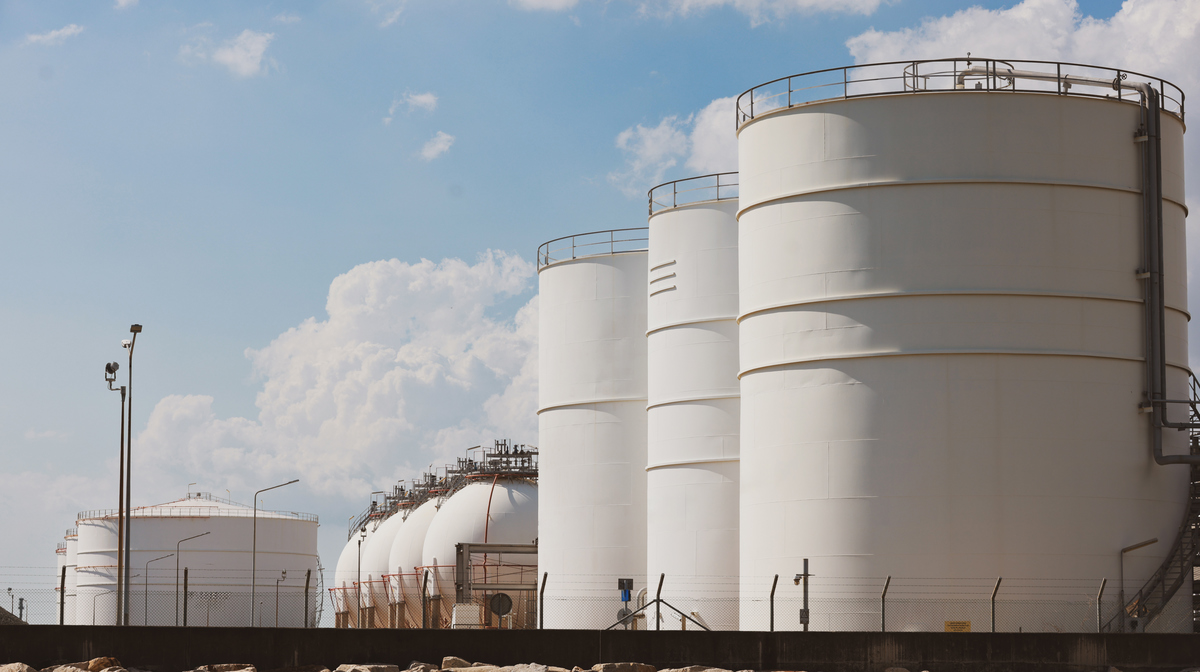LNG sector in peril as US moves against China’s maritime power
The American Petroleum Institute (API) has warned that the new US rules requiring LNG exports on US-built, flagged and operated ships are unworkable and risk derailing the country’s energy leadership amid trade tensions with China.
 IMAGE: LNG tanker at a gas terminal. Getty Images
IMAGE: LNG tanker at a gas terminal. Getty Images
On 17 April 2025, the Office of the US Trade Representative (USTR) announced new rules aimed at countering China’s dominance in maritime logistics.
Under the new rules, set to take effect in 2029, at least 1% of US LNG exports must be shipped on US-built, US-flagged, and US-operated vessels, with the requirement gradually increasing to 15% by 2047.
In a letter to senior administration officials, API President Mike Sommers stressed that the LNG shipping requirement is “not possible to comply with and risks counteracting the significant progress the Trump Administration has made towards reducing uncertainty and unleashing US LNG.”
Currently, there are no large-scale LNG vessels that meet these criteria, and US shipyards lack the capacity, infrastructure and skilled labor needed to build them at the required scale and speed.
Only two US shipyards have docks long enough to construct LNG carriers, and even then, building a single vessel would take four to five years from the initial contract.
With US LNG exports expected to nearly double by the end of the decade, API estimates that as many as five US-built LNG vessels would be required by 2029—a target it describes as unachievable.
Another major concern is that US LNG exporters typically do not own or operate these ships, meaning they would face severe penalties, including suspension of export licenses, for non-compliance with requirements they cannot directly control.
API cautioned that these new rules, if implemented as planned, would compromise the US’s ability to lead the global LNG industry and threaten its position as an energy superpower.
The industry body urged the administration to reconsider the shipping mandate and collaborate with the industry to minimise negative impacts, while continuing its efforts to counter China’s dominance in the maritime sector.
It also called for exemptions for crude oil and refined product imports and exports, warning that new fees and restrictions could disrupt supply chains and undermine the competitiveness of the US refining sector.
By Gautamee Hazarika
Please get in touch with comments or additional info to news@engine.online





